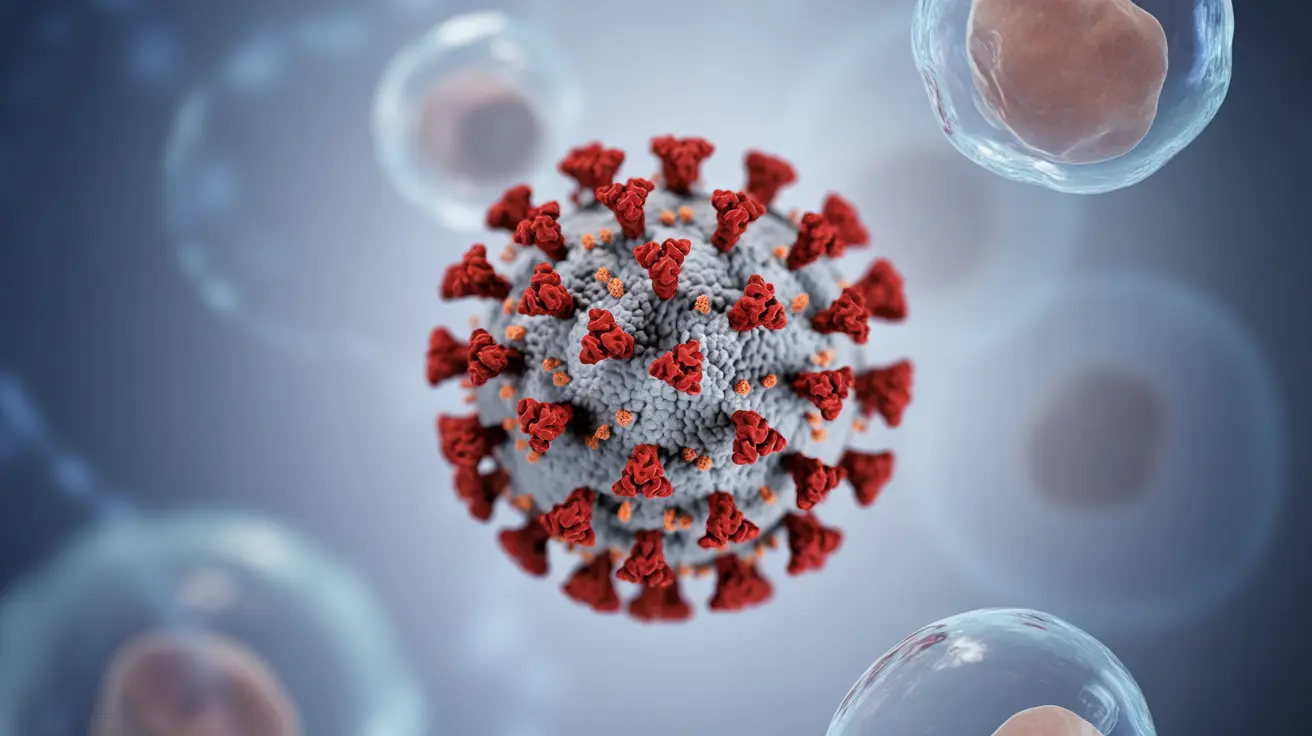Chickenpox prevention has become increasingly successful thanks to modern vaccination and preventive measures. Understanding how to prevent chickenpox is crucial for parents, caregivers, and individuals who haven't had the disease or received vaccination. This comprehensive guide explores proven strategies to protect yourself and others from this highly contagious viral infection.
Understanding Chickenpox and Its Risks
Chickenpox, caused by the varicella-zoster virus, spreads easily through direct contact and airborne transmission. While typically mild in children, it can cause serious complications in adults, pregnant women, and individuals with weakened immune systems. Recognizing the importance of prevention is the first step in protecting vulnerable populations.
Vaccination: The Primary Prevention Method
The chickenpox vaccine (varicella vaccine) stands as the most effective prevention method. Since its introduction, this vaccine has dramatically reduced chickenpox cases and related complications in the United States. The Centers for Disease Control and Prevention (CDC) reports that the vaccine is 90% effective at preventing chickenpox when administered according to the recommended schedule.
Recommended Vaccination Schedule
Children typically receive two doses of the vaccine:
- First dose: Between 12 and 15 months of age
- Second dose: Between 4 and 6 years of age
Adults who haven't had chickenpox or weren't vaccinated as children should also receive two doses, at least 28 days apart.
Additional Prevention Strategies
Personal Hygiene and Precautions
Beyond vaccination, several practical measures can help prevent chickenpox transmission:
- Regular handwashing with soap and water
- Avoiding close contact with infected individuals
- Covering mouth and nose when coughing or sneezing
- Regularly cleaning and disinfecting frequently touched surfaces
Isolation Protocols
If someone contracts chickenpox, proper isolation is essential to prevent spread:
- Stay home until all blisters have crusted over
- Avoid public places and school/work environments
- Maintain separate living spaces when possible
- Use personal items separately
Special Considerations for High-Risk Groups
Certain individuals require extra precautions and may need alternative prevention strategies:
- Pregnant women who haven't had chickenpox
- Newborns whose mothers never had chickenpox
- People with weakened immune systems
- Adults who haven't had chickenpox or the vaccine
Frequently Asked Questions
How effective is the chickenpox vaccine in preventing the disease?
The chickenpox vaccine is approximately 90% effective at preventing chickenpox. When breakthrough cases occur, they are typically much milder than cases in unvaccinated individuals.
When should children and adults receive the chickenpox vaccine doses?
Children should receive their first dose at 12-15 months and the second dose at 4-6 years. Adults who haven't had chickenpox or weren't vaccinated need two doses at least 28 days apart.
What precautions should be taken to prevent spreading chickenpox at home or school?
Key precautions include isolating infected individuals until blisters crust over, maintaining good hygiene practices, avoiding sharing personal items, and regularly disinfecting common surfaces.
Who should avoid getting the chickenpox vaccine and why?
The vaccine should be avoided by pregnant women, people with severe allergies to vaccine components, those with weakened immune systems, and individuals who have had a serious reaction to a previous dose.
What should I do if I or my child has been exposed to someone with chickenpox?
If exposed, contact your healthcare provider immediately. They may recommend vaccination (if not already vaccinated) within 3-5 days of exposure or immune globulin treatment for high-risk individuals.
Remember, preventing chickenpox requires a combination of vaccination and practical preventive measures. Consult with healthcare providers for personalized recommendations based on individual circumstances and risk factors.




